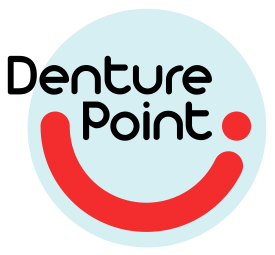Dry mouth, also known as xerostomia, can be caused by various factors, including:
1. Medications.
Many prescription and over-the-counter medications list dry mouth as a side effect. These can include antihistamines, decongestants, diuretics, antidepressants, antipsychotics, and certain medications for high blood pressure, among others.
2. Medical Conditions.
Certain medical conditions can contribute to dry mouth, such as Sjögren's syndrome, diabetes, HIV/AIDS, Alzheimer's disease, Parkinson's disease, asthma, renal dialysis, chemotherapy, stroke and autoimmune disorders. These conditions can affect saliva production or the function of salivary glands.
3. Dehydration.
Not drinking enough water or experiencing dehydration due to illness, excessive sweating, vomiting, or diarrhea can lead to temporary dry mouth.
4. Nerve Damage.
Damage to the nerves that control salivary glands, whether due to injury, surgery, or underlying medical conditions, can impair saliva production and lead to dry mouth.
5. Smoking and Tobacco Use.
Tobacco use, including smoking cigarettes or chewing tobacco, can contribute to dry mouth by affecting saliva production and increasing the risk of gum disease and other oral health issues.
6. Breathing Through the Mouth.
Habitual mouth breathing, whether due to nasal congestion, allergies, or anatomical issues, can dry out the mouth by bypassing the natural humidifying and moisturizing effects of nasal breathing.
7. Radiation Therapy.
Radiation therapy to the head and neck area, often used to treat cancer, can damage salivary glands and reduce saliva production, leading to persistent dry mouth.
8. Aging.
As people age, they may experience a decrease in saliva production due to changes in the salivary glands, medications, or other age-related factors. Addressing the underlying cause of dry mouth is crucial for managing symptoms and preventing complications, such as tooth decay, gum disease, oral infections, and difficulty speaking and swallowing. Individuals experiencing persistent dry mouth should consult a healthcare professional for proper evaluation and treatment.
9. Other causes.
Stress, prolonged air travel, strenuous physical activity.

